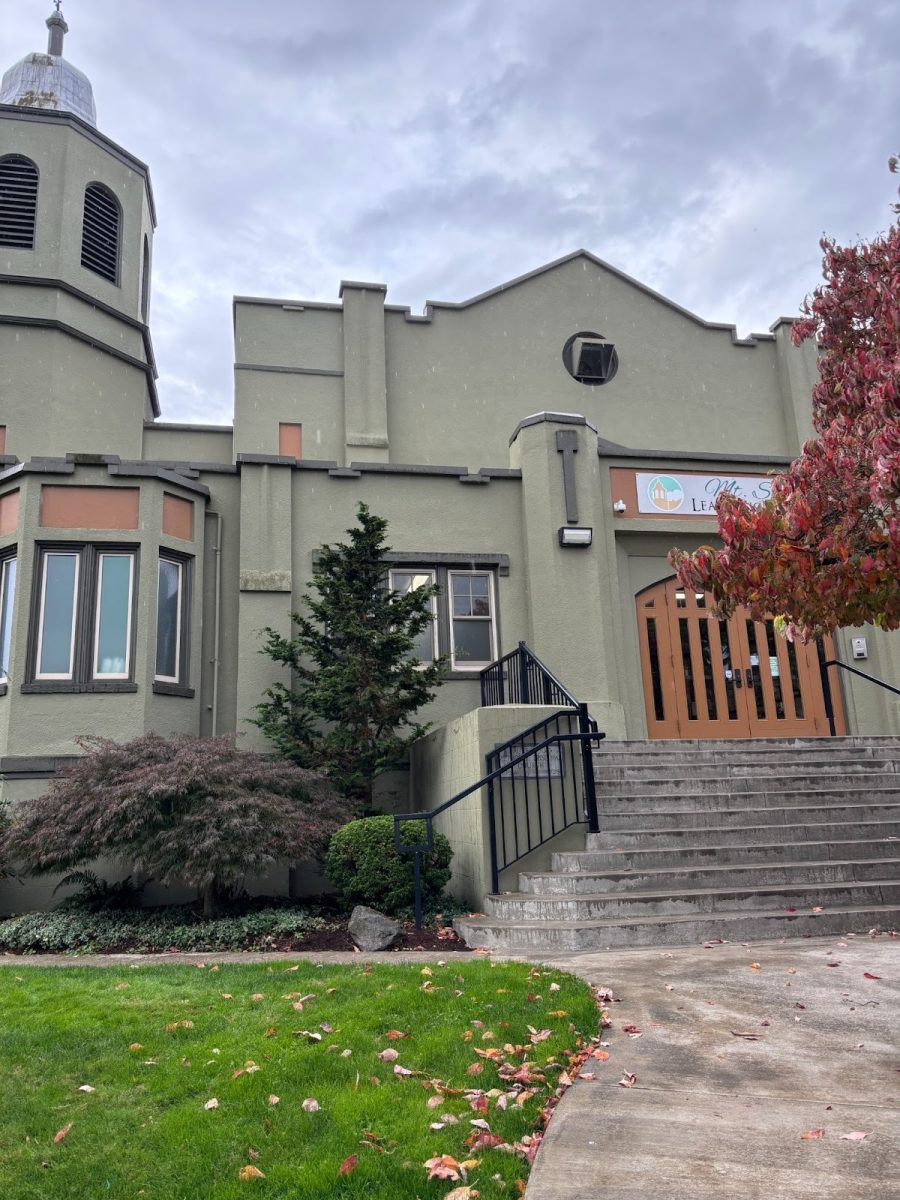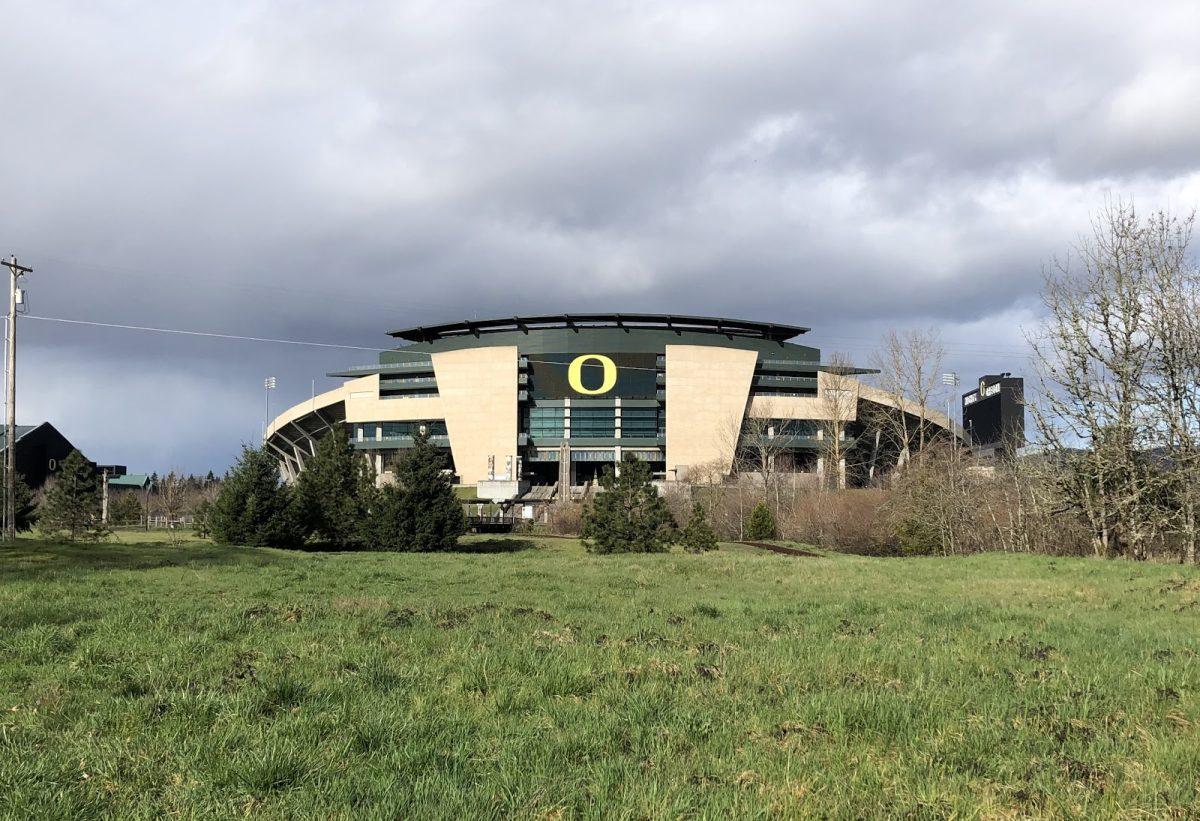As we approach April and spring, college admission decisions are flooding in. Some lucky seniors have already made their commitments to their respective institutions. But most of us, myself included, have not. From my first exposure to the world of college applications, I’ve been aware of an unhealthy and uncomfortable elitism. Whether blatant and overt or lurking in the shadows, this elitist attitude seems to touch nearly every conversation I have about college. This needs to change.
Admittedly, my own attitude has changed dramatically over the years. A mere two years ago as a sophomore, I pictured myself at an Ivy League school. I was visiting family in the Boston area over the holidays. A day or two after Christmas, we made the drive from Medford to Cambridge to walk around Harvard Square. Naturally, as the university was right there, we walked around the campus of perhaps the pinnacle of academic prestige.
I somehow had it in my mind that I belonged right there at Harvard. It had nothing to do with anything except for the fact that I got straight A’s, so naturally, the Ivy League was for me. As ridiculous as it may sound, this is the narrative that so many kids are taught as they prepare for college. As early as elementary school when I was labeled as “Talented and Gifted” (TAG), there was an expectation that I would go on to do “great things.” Somewhere along the line, going to a “good” school became part of that expectation.
Students go through the school system being put into boxes. From TAG to grading to class rank to AP classes, to SAT and ACT scores, there seems to be no escape from this perpetual categorization. The college admission process encourages this. For those of you who are unfamiliar with the process of applying to college, you’re generally encouraged to sort your schools into three categories: safety schools, target schools, and reach schools. Your safety schools are places you know will accept you and are likely affordable, target schools are places where you have a pretty good chance of getting in (typically your GPA and test scores are on par with their averages), and reach schools are the most competitive and least attainable.
While this can be a helpful way to mentally organize your schools, these terms carry some pretty weighty implications. Alexis Richman (12) has noticed through her college admissions experience that “many well off students refer to public state schools as ‘safety schools’ which to me, automatically puts them in the ‘less than ideal’ or ‘I can do better’ box. Perhaps unintentionally, the concept of safety schools shines a negative light on public schools.”
State schools have a lot to offer, and for some prospective college students like Richman, the abundance of opportunities, social scene, proximity to home, and relative affordability make state schools more than just a back-up plan. Richman says that from the start, she was drawn to the experience of a large, public school. “I am surrounded by kids with a very privileged mindset in which college is an experience that gains value depending on how elite, competitive, expensive, private, and far away the school is,” says Richman. “I believe in-state, closer to home, public schools are just as viable an option.”
Richman notes that there’s nothing wrong with wanting to go to a prestigious, expensive, far-away private school. However, there seems to be this idea that this experience is the pinnacle of academic success making it the ideal option, and this mindset is very privileged. Let’s break it down.
Perhaps the most obvious factor in this equation is money. College in the United States is ridiculously expensive. Though in-state tuition is still thousands of dollars, it is far more affordable than the $70,000 one might pay per year at a private institution. But the relevance of financial privilege in college admissions goes well beyond covering tuition.
If you’ve applied to college or know someone who has applied to college, you are aware of how time-consuming it is. The more schools you apply to, the more your workload logically increases. But some applications require more effort than others. Typically, the more competitive the school, the more time-consuming the application. For example, Stanford’s application requires eight short answers, three of which are essays. I know this because I almost applied to Stanford myself before realizing I couldn’t handle that application on top of all the other things I was juggling. For students from low-income families who may need to work to help pay the bills or who help care for younger siblings, filling out these applications is even less manageable. By comparison, state schools tend to have much more reasonable applications, often without an extra required writing supplement.
Additionally, some financially well-off parents hire private college counselors to help their children through this process. This is more than a privilege—it’s a luxury. The same goes for families who can afford to pay for special SAT/ACT tutoring or send their kids to fancy summer programs that look good on resumes. Though I can’t cover all of it in this article, it’s important to note that there’s so much more that goes into the financial side of college admissions.
Another factor in this whole process is the involvement of people’s parents. “I am incredibly lucky to have two parents who attended college, and immediately, that privilege of having parents who went through a similar application process at my age, puts me on a pedestal,” acknowledges Richman. “In actuality, so many kids are first-generation college students, and even more kids don’t end up going to college at all, not because they don’t want to, but because they don’t have access to the resources or support needed to take that next step after high school.”
I, like Richman, have been incredibly lucky to have gone through the college admissions process with two parents who attended college. More than that, though, they were very invested in the process, helping me keep track of deadlines and scholarship opportunities. I am so grateful for all of their support throughout this process and know that many students did not have the same experience.
At least for me, understanding all of this leads to the indisputable conclusion that the elitist mindset about college needs to go. Richman points out that even thinking about it in this way is a privilege, and that “many students are thankful to go to PCC,” which she notes is an amazing choice.
The bottom line is that the post-high school world is unique for everyone. There are so many different post-high school options, whether that be college, the military, trade school, community college, or something else,” says Richman. “I believe society as a whole needs to change the narrative about what post-high school plans ‘should’ be.”
If you’re one of the students who is looking for the experience of an elite, competitive, private, and far away school, and that’s attainable for you, that’s awesome. No student is responsible for the system being the way it is or the privileges they do have, but it is important to recognize that it is a privilege.
“It is my hope that in the future, society starts to refer to college in a more affordable and attainable way.” This is a hope that Richman and I share, and one that can become a reality if we all start working on it now.


































